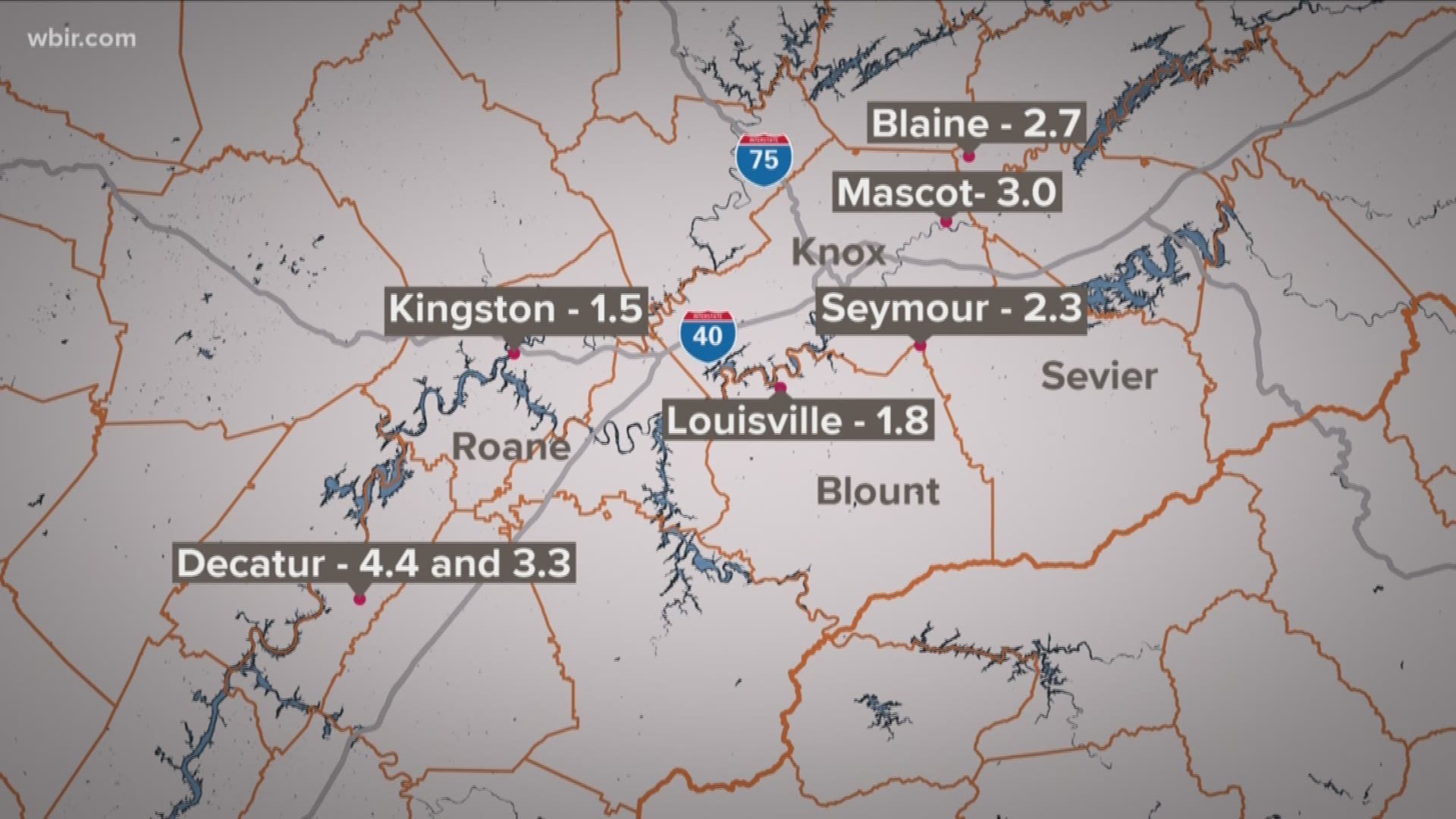When the earth starts to shake, it is easy to panic.
Ceilings rumble and animals freak out. There might be a boom like thunder and windows, if the quake ticks above a 4.4 magnitude, are likely to break.
For many, experiencing the least predictable of Mother Nature's phenomena is unnerving because you don't expect it.
Dr. Robert Hatcher of University of Tennessee's Department of Earth and Planetary Sciences is one of the few who does.
"I would not be worried," he says.

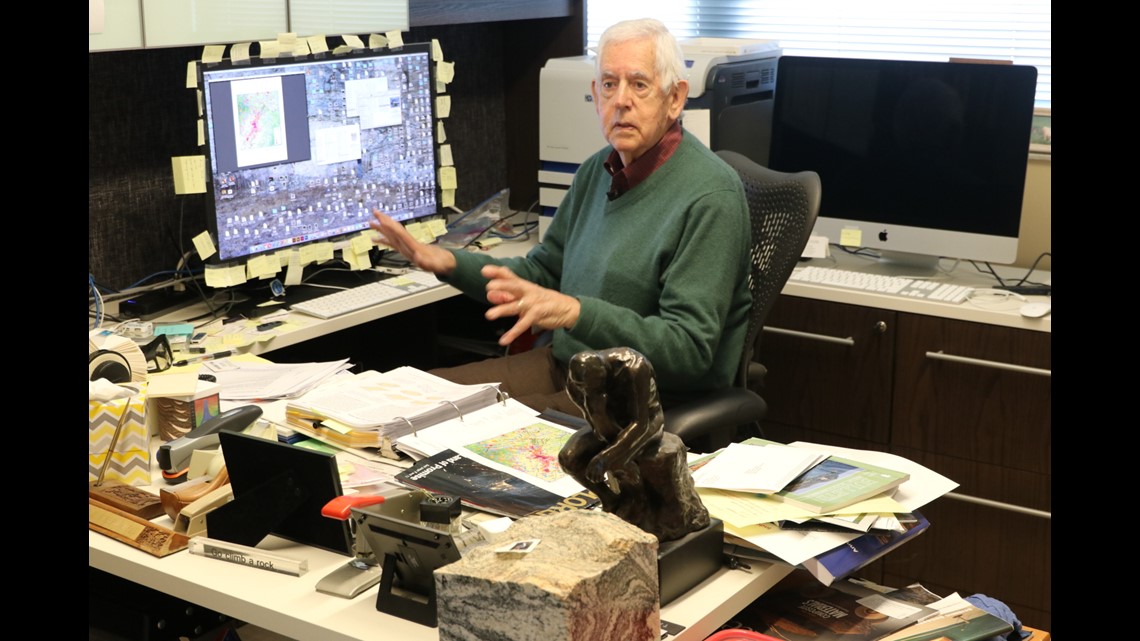
In December 2018, East Tennesseans experienced about a dozen scattered earthquakes in a little more than a week.
So, does that mean a larger one is one the way?
"These are not necessarily precursors to a larger earthquake," Hatcher said. "It could be indicative of a larger earthquake coming. But it could not be."
That's because earthquakes in this part of Tennessee are super common. We live in the East Tennessee Seismic Zone, a band that stretches from northeastern Alabama to southwestern Virginia. It's understood to be one of the most active quake zones in the United States.

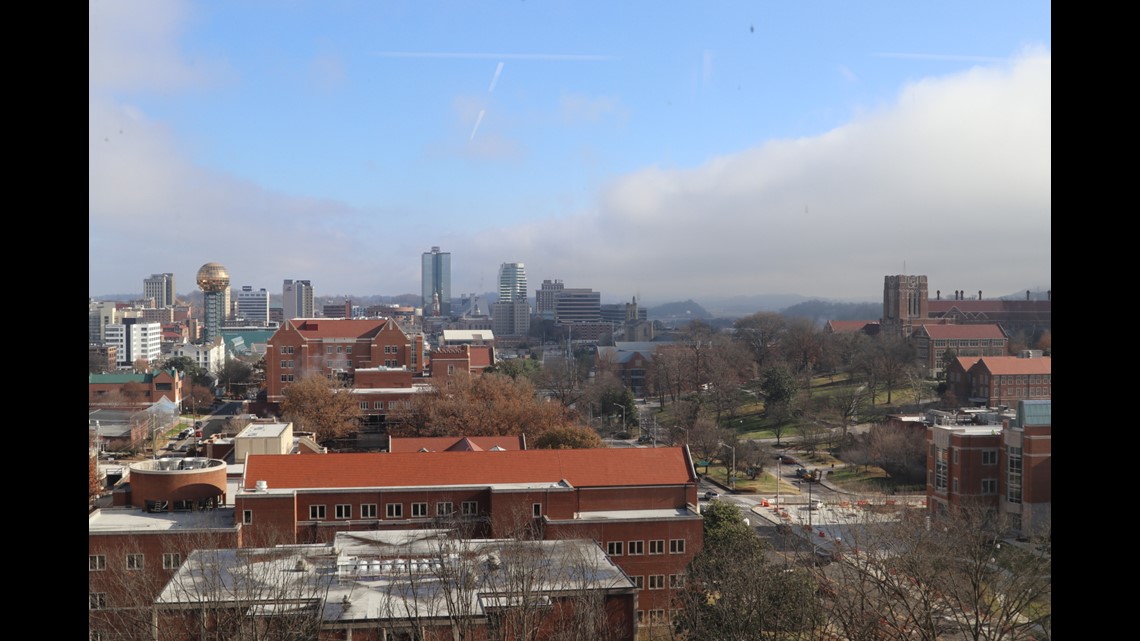
Normally, the quakes here are small, though research conducted by Hatchet and his colleagues indicate some major quakes happened here in prehistoric times. Researchers cannot actually see the faults here, but know they are deep in the crust of the earth. That makes the different from faults like the San Jose Fault that runs out in California, whose cracks you can see on the surface.

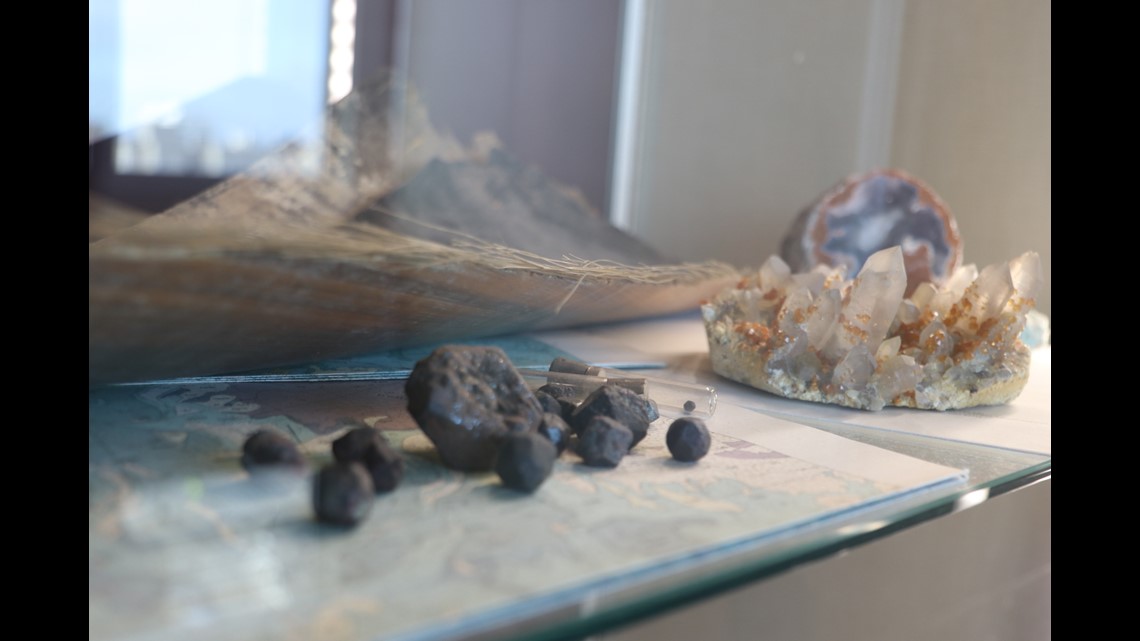
Geologists have also never been able to associate the earthquakes in this area with a single fault line. That means their randomness doesn't surprise professionals like Hatcher.
"They are sort of diffuse," he says. "The one in Decatur is not lined up with any of the others. These earthquakes are sort of here, there and yonder. They're sort of a random occurrence of earthquakes."

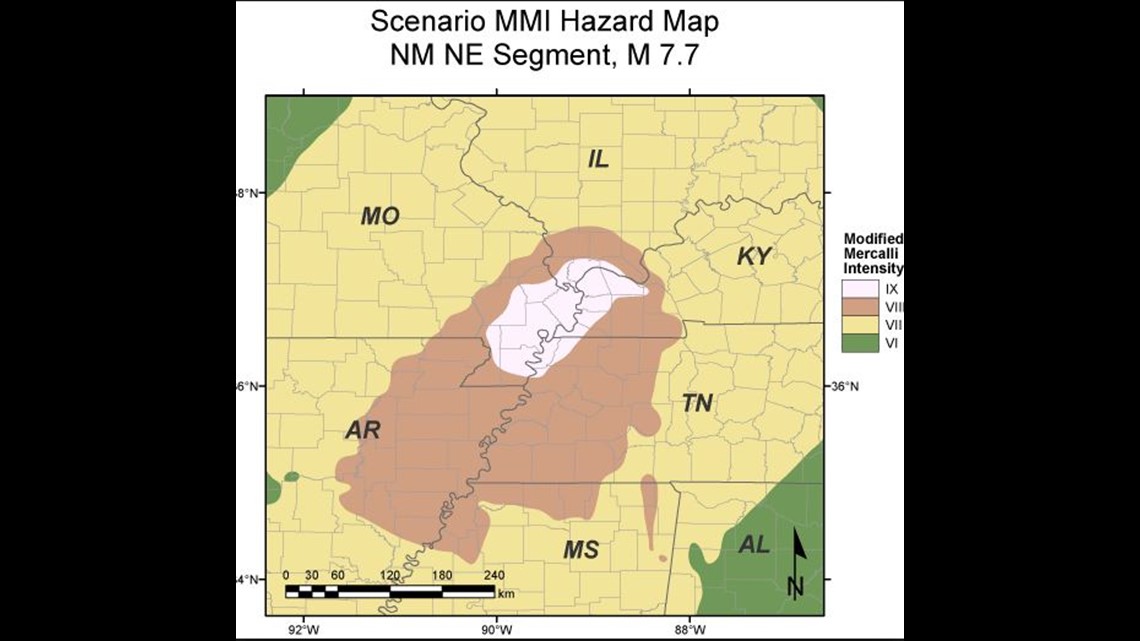
And The East Tennessee Seismic Zone isn't even where researches think a major, devastating quake will strike in Tennessee. They've turned much of their attention - and monetary resources - out west to the New Madrid Seismic Zone. That runs through Memphis, on the western side of the state.
It's the most active seismic area in the eastern part of the country and, researches predict, it's more likely to produce an earthquake capable of devastating infrastructure across the state.

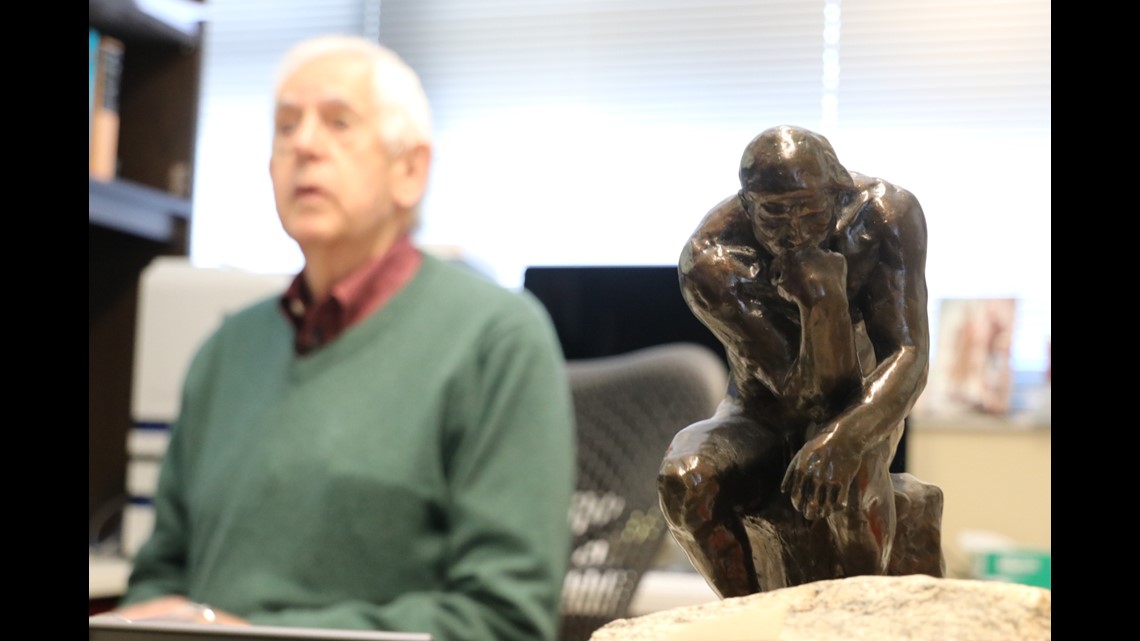
"We know far more about west Tennessee because of the amount of research funding that has occurred because they had some large earthquakes in 1811, 1812," Hatcher said.
According to the U.S. Geological Survey, a 7.0 magnitude earthquake in the New Madrid area reversed the direction of the Mississippi River in 1812.
Hatcher says if that magnitude of quake happened today, East Tennessee and even Nashville would certainly feel the damage.
"Oh yes, you'd feel it. And you'd see it. You'd see the damage," he said.
Part of the concern people feel about earthquakes is that they truly are unpredictable. Hatcher says a group of scientists in China were able to accurately predict a 6.0 or 7.0 magnitude quake by studying farm animals, but the experiment has never been replicated.
"It's random until we get either better imaging technology or are able to actually drill a hole through [the earth]," Hatcher said. "If someone had a hundred million dollars we could do that."

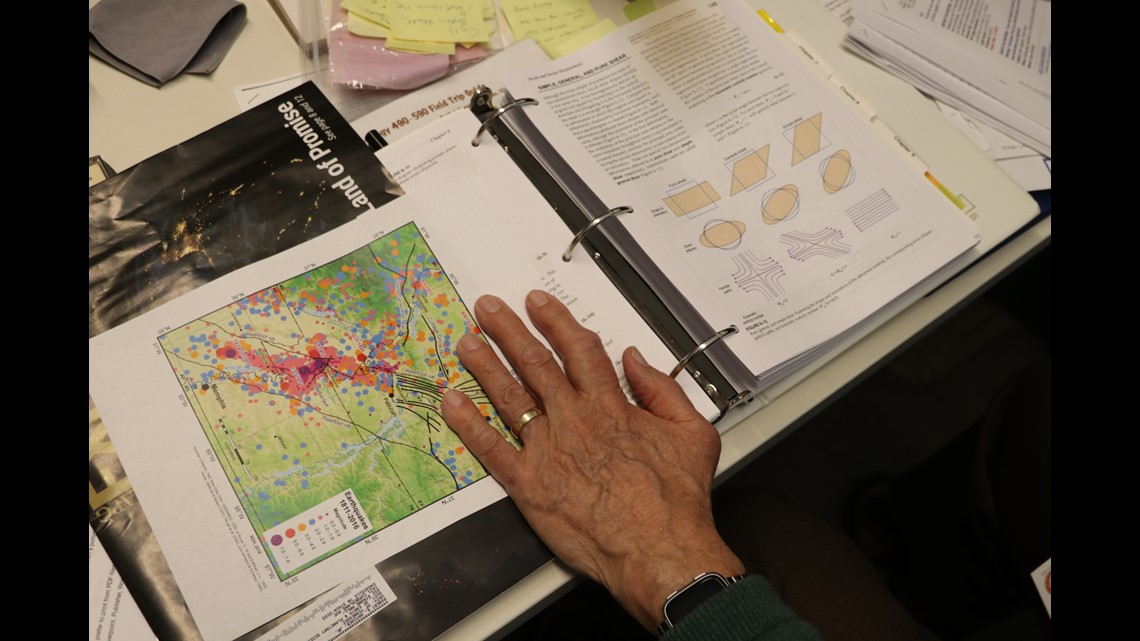
The only thing you can really do when you live in such an active zone is invest in insurance. Which he did, unwittingly, a while back.
"I have earthquake insurance now," he says. "I refused to buy it for many years. I looked into it, it's not very expensive.
One of Dr. Hatcher's colleagues pops his head around the corner.
"Hey, at least we don't live in Memphis. That's..." the colleague trails off. "Well. I'd definitely buy [insurance] if I lived in Memphis."
Faults and insurance aside though, what are our real chances of experiencing a devastating quake sometime in the near future?
"Small. Very small," Hatcher says. "Five percent, or less."

